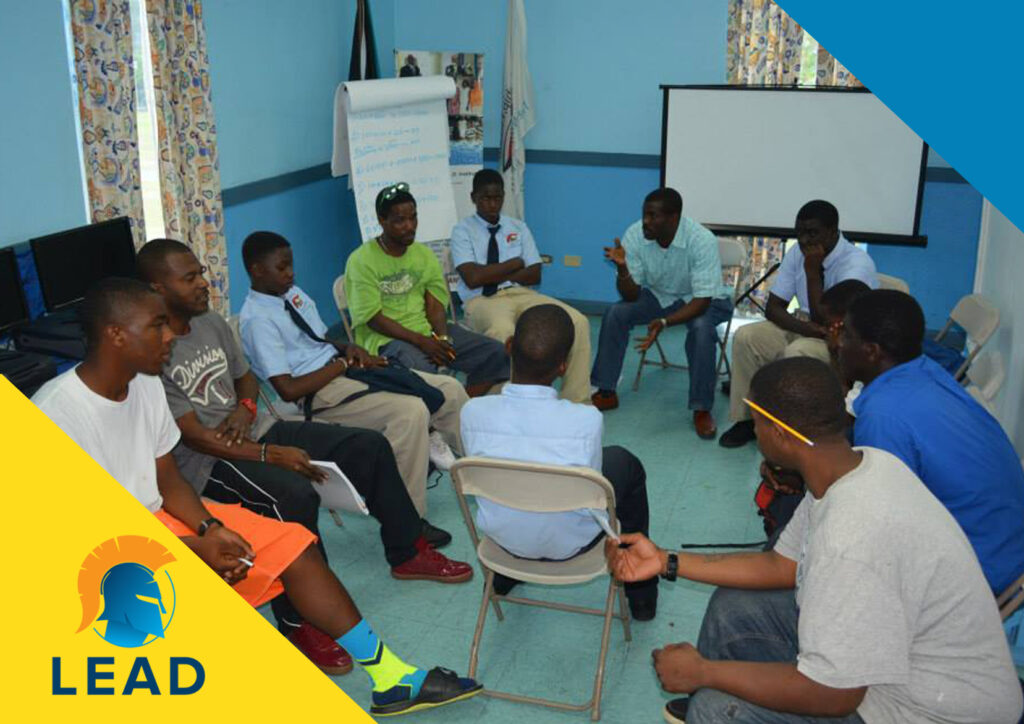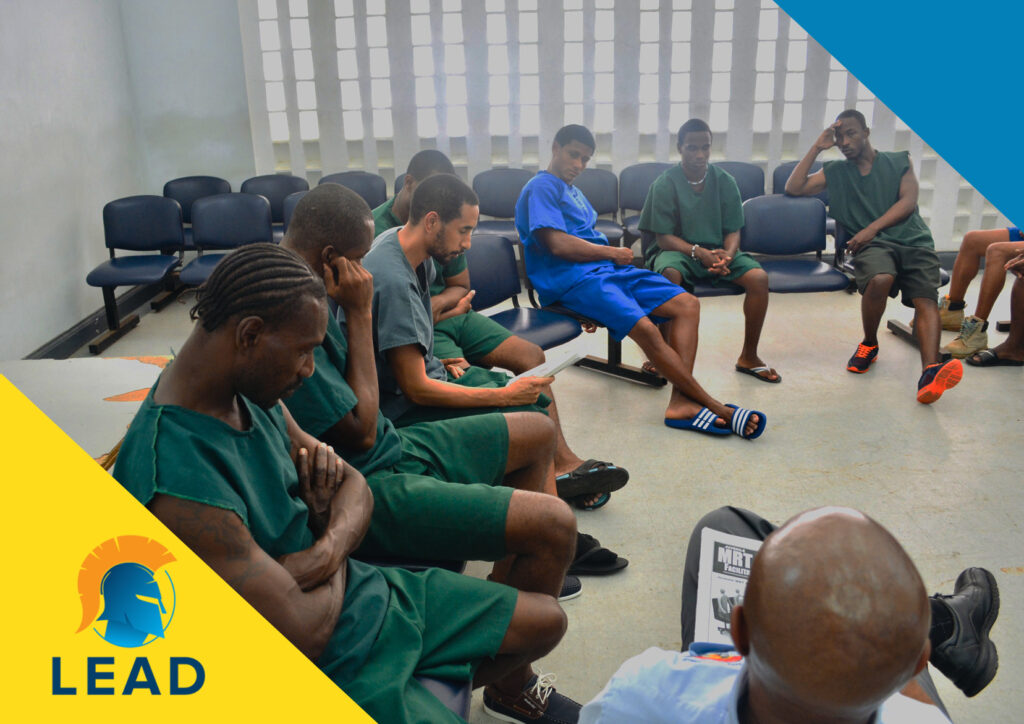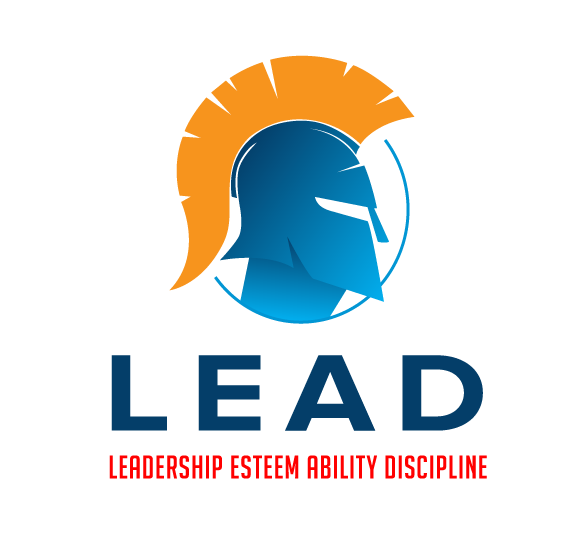Explore
Our Programs
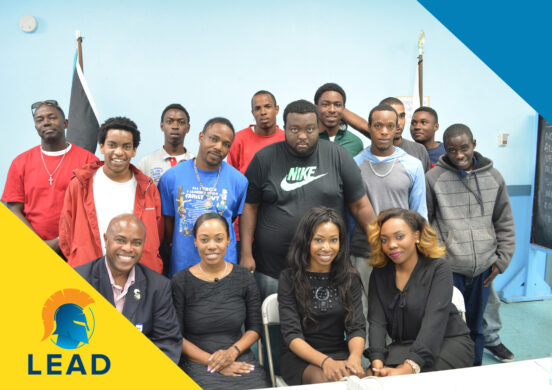

Diversion Behavioral Healthcare
Diversion Behavioral Healthcare Resources & Services (D.B.H.R.S.) uses MRT – Moral Reconation and UTC – Universal Treatment Curriculum based programming to target substance abuse, anger management, co-dependency, parenting, job readiness, relapse prevention, trauma and mental health.
DBHRS uses MRT-Based and UTC Programming to target and treat:
- Addiction/Substance Abuse
- Anger Management
- Parenting Program
- Job Readiness
- Relapse Prevention
- Trauma Treatment
- Mental Health
- Domestic Violence
- Smoking Cessation
MRT is a systematic method designed to promote positive self-image and identity. MRT seeks to re-educate clients socially, morally, and behaviorally to instill appropriate goals, motivation and values. This is accomplished through systematic self-evaluation and goal-activities. MRT-treated clients show significantly lower recidivism for periods long as 20 years. Studies show MRT-treated offenders have re- arrested and incarceration rates 25% to 75% lower than expected. MRT is used in 50 States both in Federal, State and Local Facilities. In addition, they are in several countries such as New Zealand, Sweden, Australia, Canada, United Kingdom, Bermuda Turks and Cacaos Islands, Trinidad and Tobago, Cayman Islands and the Bahamas.
Moral Reconation Therapy (MRT), developed in 1985, is the premiere cognitive-behavioral program for Substance Use Disorders Treatment and for Criminal Justice Offenders. Over time, treatment has proven to significantly lower recidivism, re-arrest and re-incarceration. MRT has been offered by L.E.A.D. Institute since February 2015 and involves Users and Offenders to engage in group therapy facilitated by trained Counselors for a period, ranging anywhere from nine (9) months to eighteen (18 months). The group sessions are an hour and a half (90 minutes) for two days per week for the duration of the period. L.E.A.D. Institute is partnered with the Court System to rehabilitate referred offenders. Once Users and/or Offenders successfully complete the therapy, sentencing will be avoided with no criminal record.
- “There continues to be an enormous unmet need for drug use prevention, treatment, care and support, particularly in developing countries.”
—Yury Fedotov, Executive Director, UNODC
According to the United Nations Office on Drugs and Crimes, World Drug Report 2016, Psychoactive substance use and substance use disorders (SUD) continue to be major problems around the world, taking a toll on global health and social and economic functioning. The world drug problem continues to constitute a serious threat to public health and to the safety and well-being of humanity – particularly children, young people and their families.
Because of their psychoactive and dependance-producing properties, psychoactive substances, including narcotic drugs, have the potential to harm individuals’ health and lead to societal harm. The nature and severity of the harm relate to many factors, including the properties of the psychoactive substance itself, the form and mode of administration used, the characteristics of the person taking the substance, and the social context in which it is taken. Therefore, LEAD Institute through DBHRS provides psychoeducation and treatment programs to students currently in the educational system, to the corporate environment through their Human Resources Department and to the wider community.
*MRT Group Programs
The MRT substance abuse program consists of 16 steps. Twelve steps are considered completion, while the last four are optional. Generally, a participant can complete the program within 24-36 group sessions held in accordance with the agency’s implementation needs and requirements. For example, drug courts and probation sites typically hold a weekly group.
Clients complete workbook homework prior to coming to each session. In the group, clients present their homework, and the facilitator passes the client to the next step — or has the client re-do the homework based on objective criteria.
All MRT groups are open-ended, meaning that new clients can enter an ongoing group at any time.
The primary workbook for the offender population to address substance abuse is How to Escape Your Prison.
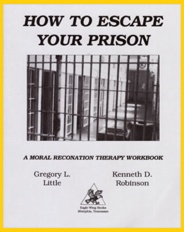

The anger management program, Coping with Anger, is designed to help clients recognize, overcome, and control anger. The program is appropriate for both youth and adults.
Coping with Anger does not require Moral Reconation Therapy – MRT® training. Materials available for this program include: a client workbook, facilitator’s guide, and various supplemental materials.
The program and materials can be used in a variety of settings, including substance abuse, hospitals, in-patient, criminal justice, and elsewhere.
This cognitive behavioral program materials for both youth and adults include psychoeducation, conflict resolution, pro-social skill building, and commitment to change.
The anger management workbook has eight modules, which can be completed in eight to 10 group sessions.
Clients complete homework for each module prior to coming to the group session. During group time, clients present their homework to the group, and the facilitator then passes the client to the next module — or the facilitator directs the client to redo the homework based on objective criteria.
The anger management groups are open-ended, meaning that new clients can enter an ongoing group at any time. Each group session usually has new clients as well as some finishing the program.
The workbook is individualized to specific client needs by requirements to meet with the facilitator or counselor at several modules.
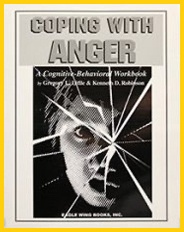

The parenting workbook, Parenting and Family Values, is appropriate for all parents. It is used in many settings, including behavioral health providers, substance use disorder programs, mental health and criminal justice settings.
Participants complete homework from the 12-module parenting workbook prior to attending group. During group sessions, participants share their responses. The parenting workbook is designed for 12 group sessions.
The workbook can be conducted in an open-ended group format or as a class in which all participants enter and complete at the same time.
Moral Reconation Therapy- MRT® training is not required to purchase and use this workbook.
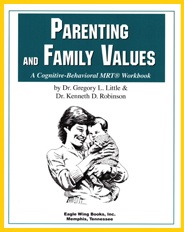

The Job Readiness workbook is used in many settings, including behavioral health agencies, substance use disorder programs, residential programs, vocational programs, welfare-to-work initiatives, and criminal justice settings, among a variety of other settings.
Job Readiness has six sections that are completed in six group meetings. The program can be conducted in either an open-ended, ongoing group (in which new members enter when assigned), or as an educational program in which all members proceed at the same pace.
The workbook explains what a “good employee” is and helps with self-assessment, setting work goals, and developing good work habits. The workbook also covers how to get and keep a job, and how and why people get promoted to enable ongoing success.
Participants gain confidence and strategies for approaching employers for meaningful work, as well as an understanding of how to keep a job.
Getting a Job: And Exploring Career Possibilities is a 60-page workbook containing 11 chapters. The primary focus of the program is to teach the necessary life skills to help clients get—and keep—a job and to begin thinking about a career. This workbook should be employed with juveniles who are about to enter the workforce—or with those who have already been employed and are looking for their next job—or a career.
A facilitator guide is also available for this program.


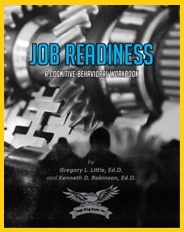

The relapse prevention program, Staying Quit, targets individuals who are active in substance abuse programs of any type in any setting.
Relapse prevention is the primary goal of treatment but focusing on relapse prevention issues should take place sometime after the client is engaged in treatment and is not actively using substances.
The relapse prevention materials are used in many settings, including behavioral health providers, substance use disorder programs, hospitals, and criminal justice settings, among a variety of other settings.
Staying Quit helps you and your client understand which situations and people may trigger a relapse. The relapse prevention programming offers a client workbook, facilitator’s guide, and supplemental materials.
The workbook has eight modules completed in eight group sessions, supplemented by several sessions with a counselor or facilitator.
Clients complete homework for each module prior to coming to the group session. During the group, clients present their homework to the group and the facilitator passes the client to the next module — or directs the client redo the homework based on objective criteria.
The relapse prevention groups are open-ended, meaning that new clients can enter an ongoing group at any time. Each group session usually has new clients, as well as some finishing the program.
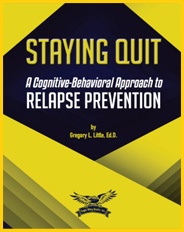

The trauma-informed care recovery program includes a 67-page workbook Breaking the Chains of Trauma that is based on the MRT approach. The program is designed to be either an eight-session group format that can be implemented in an open-ended format (where new participants can enter at any time) or as an eight-session psycho-educational class.
There are separate workbooks for female and male participants and a Spanish version. Clients complete homework from the workbook, and the facilitator passes the client to the next exercise or has the client redo the homework, based on objective criteria. We offer a Facilitator Guide, audio cd set, and Program Journal also.
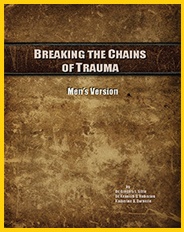

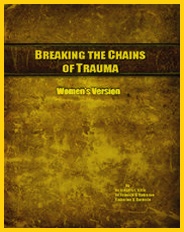

The mental health workbook, Discovering Life and Liberty in the Pursuit of Happiness, is used in all treatment settings, including substance abuse offices, mental health centers, day treatment programs, intensive outpatient, residential psychiatric hospitals, educational settings, private practice, and in a variety of criminal justice settings.
Discovering Life and Liberty is a mental health workbook based on the core principles of Moral Reconation Therapy – MRT®. It includes 16 steps, with 12 of these typically completed in 24-26 group sessions.
Clients complete workbook homework prior to coming to each session. In the group, clients present their homework, and the facilitator passes the client to the next step — or directs the client redo the homework based on objective criteria.
All MRT groups are open-ended, meaning that new clients can enter an ongoing group at any time. Each group session usually has new clients, as well as some finishing the program.
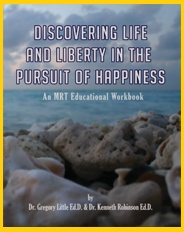

The MRT-Moral Reconation Therapy® – domestic violence workbook is used with many batterer programs as the primary treatment method.
The domestic violence workbook, Bringing Peace to Relationships, available in Spanish and customized for Australia. is divided in 24 modules with each module completed in a group session. Clients complete homework for each module prior to coming to a session. In group, each client presents his or her homework and the facilitator pass the client to the next module — or has the client redo the homework based on objective criteria.
All domestic violence MRT groups are open-ended, meaning that new clients can enter an ongoing group at any time. Each group session will usually have new clients as well as some finishing the program.
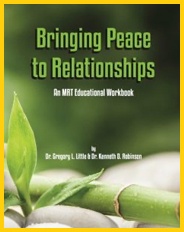

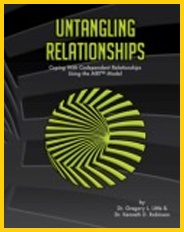

The smoking cessation workbook Dying For A Smoke can help any individual who wants to stop smoking, as well as programs and organizations implementing a smoking-cessation assistance program.
The workbook is designed to be used individually and in an open-ended group format where people who want to quit tobacco use. The open-ended groups allow new participants to enter at any time. During group, participants can meet, share ideas, lend social support to each other, and make good decisions.
Dying For A Smoke can also be used in private settings, employee assistance programs, and with clients in treatment.
There are eight chapters in the workbook. Participants complete the written exercises for a new chapter before attending a group session.
The first five sessions are designed to prepare an individual to cease all tobacco use by making an individualized action plan. Session six is designed to be the point when the individual actually ceases all tobacco use or begins the process of reducing use.
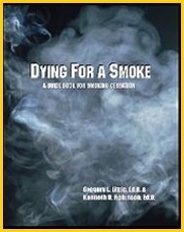

MRT GROUP THERAPY
Requirements:
- $200 down /$50 weekly
- Photo ID
- National Insurance Card
- Passport
- Police Record
- Referral
